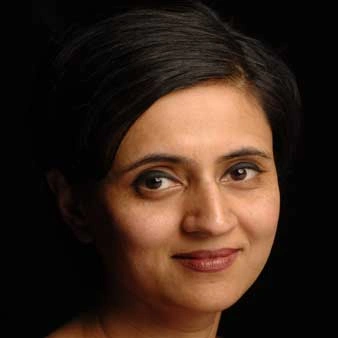Topic
How Indira Gandhi wrote the playbook for India's politics
On 29th Nov 5.00 p.m. - 5.40 p.m.
My book is an evaluation of Indira Gandhi, her life and inheritance from the present outlook. The Indira- faction of governmental issues is a reality that poses a potential threat today and I figured out that it is fascinating to analyze the one who composed the first playbook of Indian legislative issues from the vantage purpose of today. The new materials in the book is a collection of meetings I did with a few people who knew Mrs. Indira Gandhi intently and worked with her when she was PM. It encompasses her dear companions and her partners and helpers who lived and went with her in Amethi and Rae Bareli and other political tours.
Mrs. Gandhi was positively fixated on keeping everything under control both in the family unit and in India. Family unit of the board was a huge piece of her character which is the reason I notice it so frequently. (Am) Not certain this is "gendered", or lady explicit. Men could be similarly worried about a methodical family unit.
Mr. Modi is a lot of her political beneficiaries. She was India's first supremo, the principal High Command pioneer, preeminent in her gathering and in government. She was a mild dictator, brooked no difference, had an ill-disposed relationship with the media and contacted the individuals in an immediate libertarian grasp, over the top of the gathering. I believe Modi's style is fundamentally the same as.

